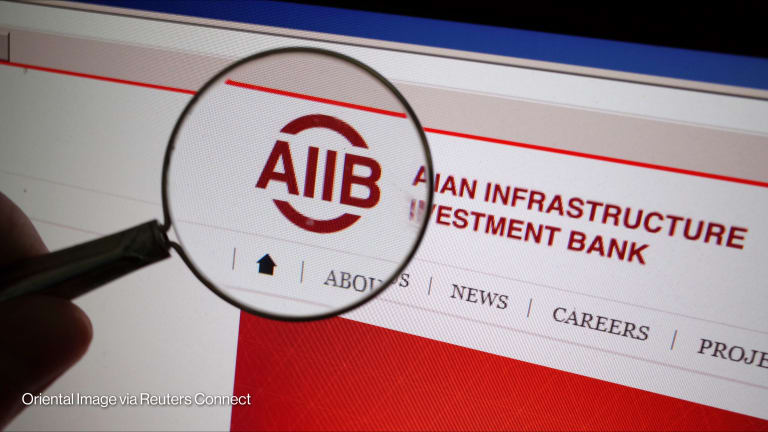As the World Bank moves forward with plans to pay developing countries to reduce and avoid carbon emissions by preserving forests (REDD+), advocates for local communities and indigenous groups are warning the rules developed to guide payment schemes do not do enough to protect the people who live in or use forests.
Given the lack of legal clarity over land tenure and rights in many countries, the current framework may lead to disputes over who owns the rights to the carbon stored in forests.
“It remains to be seen whether the REDD+ process and the Carbon Fund will turn out to be the biggest forest, carbon, and land heist in history, or whether it will support indigenous and local communities who are alone, without aid, protecting forests and pushing back with great risk to personal life and livelihood against vested interests,” said Penny Davies, program officer at the Ford Foundation and former forestry adviser to the U.K. Department for International Development, during a conference on the issue in Washington, D.C.
This story is forDevex Promembers
Unlock this story now with a 15-day free trial of Devex Pro.
With a Devex Pro subscription you'll get access to deeper analysis and exclusive insights from our reporters and analysts.
Start my free trialRequest a group subscription







